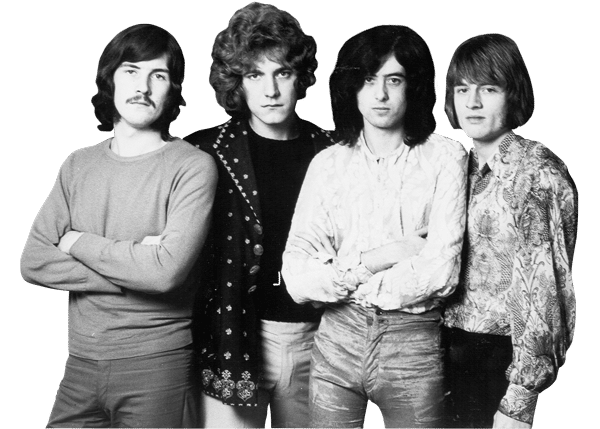Expert Testimony in the Skidmore vs Led Zeppelin et al. IP Trial
An eight-person US District Court jury has unanimously found Led Zeppelin not guilty of plagiarising the melody of their seminal hit, “Stairway to Heaven”. The civil action was brought against the three surviving members of Led Zeppelin— Jimmy Page, Robert Plant, and John Paul Jones— and the estate of the late John Bonham by Michael Skidmore, a trustee for Randy Wolfe who composed “Taurus”, the 1968 song allegedly plagiarised by the band. Represented by Attorney Francis Malofiy, Skidmore sought a one-third writing credit for Wolfe (to be shared with Page and Plant) alongside the apportionment of damages for lost earnings. Wolfe himself levelled the plagiarism allegations against Led Zeppelin before his death in 1997, yet his claims fell outside the statute of limitations; it was only following the 2014 reissue of “Stairway to Heaven” that Skidmore was able to bring his case.
As was only fitting given its subject matter, the trial itself was rife with quirks and unexpected turns. First, presiding judge Judge R Gary Klausner ruled that Malofiy could only cross-examine each defence witness for a maximum of ten minutes. The ruling was accompanied by Klausner’s prevention of the plaintiff from playing the album recording of Taurus at trial, instead limiting them to using the sheet music deposited in the US Copyright Office. The second ruling posed an obvious issue, heavily impacting the ability of jurors with no musical knowledge to make an informed judgement. Instead, jurors relied heavily on the expert opinion of three expert witnesses, whose testimony is summarised below.
The Economist
On the plaintiff side, Yale-educated economist Dr Michael Einhorn took to the stand to assess the quantum of damages allegedly owed to the plaintiff. Einhorn, who takes a specialist interest in music royalties and has opined in trademark cases involving celebrities including the Kardashians, Oprah, and Madonna, estimated that Page, Plant, Jones, and the late Bonham split roughly USD 58.5 million in royalties from the band’s 87-song catalogue. Yet Einhorn suggested that he had not been provided with “pro-rate technology” to determine exactly how much of this figure came specifically from “Stairway”, vaguely stating the figure as “somewhere in the middle” of $10 million.
The Professor
Crucial to the defence’s case was Dr Lawrence Ferrara, Professor of music and “director emeritus” at NYU. Taking jurors through a chronology of more than 300 years of music, Ferrara contended that the only similarity between the songs was the “descending chromatic minor line progression”, known in music as the “basso lament”. Such a baseline, Ferrara told the jury, has been used in numerous songs over the past three centuries, transcending both genre and time and escaping any claim as having been created by a single composer. The New Yorker has since pointed out that the basso lament appears in songs ranging from Mary Poppins’ “Chim Chim Cher-ee” to The Eagles’ “Hotel California”.
Musicologist
In direct opposition to Ferrara was Dr Alexander Stewart, a professional saxophonist, forensic musicologist, and Professor at the University of Vermont. Stewart opined that the two songs were undeniably similar, “both [skipping] the E before resolving on an A note in an unusual way”. He then proceeded to describe “Stairway” as evoking a “decidedly ‘classical’ style” and conjuring “a Renaissance atmosphere”. Stewart’s testimony was met with considerable disdain in the mainstream press, who were dismissive of what they viewed to be his bombastic, overly-academic testimony.
An Expert Guitarist?
In a statement to The Hollywood Reporter, defence attorney Peter Anderson described the plaintiff’s request to provide an in-court demonstration on two electric guitars. By process of elimination based on the fact that neither the plaintiff nor experts engaged by their case could play the guitar, Anderson outlandishly alleged that Malofiy himself sought to play the guitars, “effectively [giving] Skidmore a new, previously undisclosed ‘expert’”. Such an event did not eventuate.
Expert witnesses often prove to be lynchpins in litigation, providing objective, informed evidence that bolsters the case set out by the respective parties. In the case of Skidmore vs Led Zeppelin et al., a colourful parade of experts demonstrated not only the diversity of expert opinion but also the pertinence thereof in a contemporary legal landscape.
